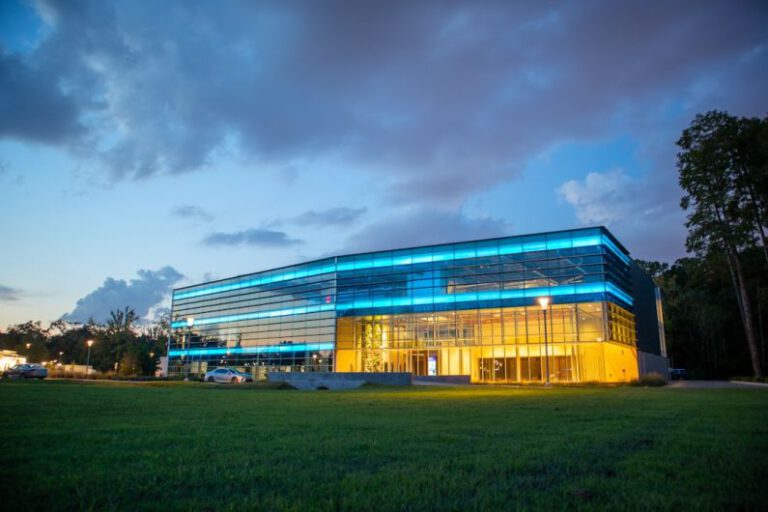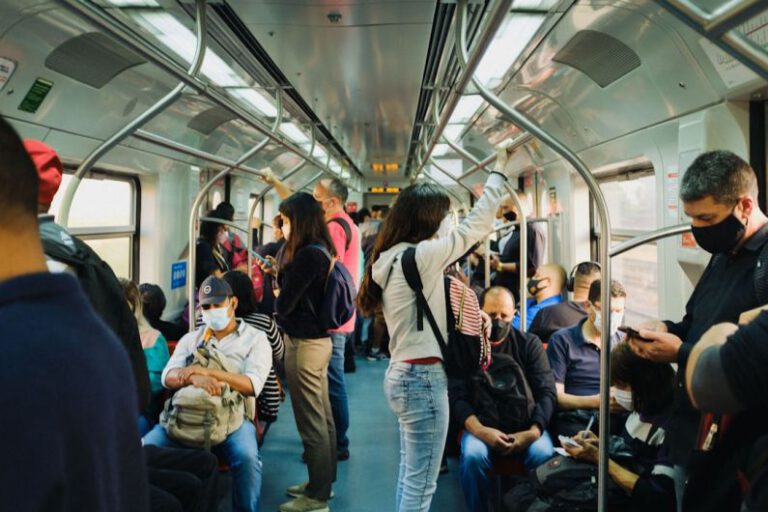Can Drones Play a Role in Smart City Logistics?
In the rapidly advancing landscape of smart city logistics, the integration of innovative technologies has become paramount in streamlining operations and enhancing efficiency. One such technology that has garnered significant attention is drones. These unmanned aerial vehicles have the potential to revolutionize the way goods are transported within urban areas, offering a range of benefits from reducing traffic congestion to improving delivery speeds. As cities around the world grapple with the challenges of urbanization and sustainability, the question arises: Can drones play a role in smart city logistics?
**Enhancing Last-Mile Delivery**
One of the most compelling arguments for the use of drones in smart city logistics is their ability to enhance last-mile delivery. The last mile of delivery, which refers to the final leg of a product’s journey from a distribution center to the customer’s doorstep, is often the most time-consuming and costly part of the logistics process. Drones have the potential to overcome the challenges associated with last-mile delivery by offering a fast and efficient means of transporting goods directly to customers.
**Reducing Traffic Congestion**
Traffic congestion is a major issue in urban areas, leading to increased delivery times and environmental pollution. By taking to the skies, drones can bypass congested roads and deliver goods directly to their destinations, reducing the number of delivery vehicles on the ground and easing traffic congestion. This not only improves the overall efficiency of the logistics process but also contributes to a cleaner and more sustainable urban environment.
**Optimizing Supply Chain Management**
In addition to improving last-mile delivery and reducing traffic congestion, drones can also play a crucial role in optimizing supply chain management. By integrating drones into the logistics network, companies can achieve greater visibility and control over their operations, allowing them to track the movement of goods in real-time and make data-driven decisions to improve efficiency and reduce costs. This enhanced visibility can lead to better inventory management, reduced stockouts, and improved customer satisfaction.
**Overcoming Challenges**
While the potential benefits of using drones in smart city logistics are clear, there are also challenges that need to be addressed. One of the key challenges is regulatory hurdles, as current regulations often restrict the use of drones in urban areas due to safety and privacy concerns. Additionally, the technological limitations of drones, such as limited payload capacity and battery life, need to be overcome to make them a viable option for commercial logistics operations.
**The Future of Smart City Logistics**
Despite the challenges, the future of smart city logistics looks promising with the integration of drones into the supply chain. As technology continues to advance and regulations evolve to accommodate the use of drones in urban areas, we can expect to see a more efficient and sustainable logistics ecosystem that leverages the benefits of these unmanned aerial vehicles. From enhancing last-mile delivery to reducing traffic congestion and optimizing supply chain management, drones have the potential to play a significant role in shaping the future of smart city logistics.
**In Summary**
In conclusion, drones have the potential to revolutionize smart city logistics by offering a fast, efficient, and sustainable means of transporting goods within urban areas. While there are challenges that need to be addressed, the benefits of using drones in logistics are clear, from enhancing last-mile delivery to reducing traffic congestion and optimizing supply chain management. As cities around the world continue to embrace the concept of smart cities, drones are poised to play a crucial role in shaping the future of urban logistics and redefining the way goods are transported within city limits.






